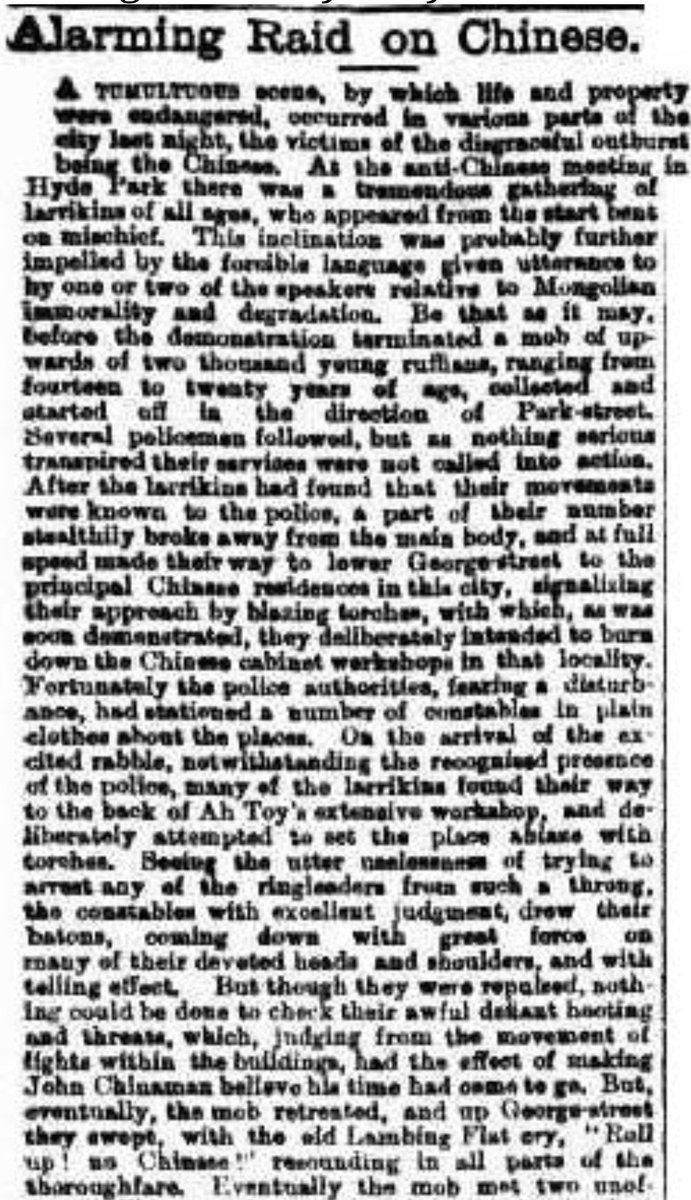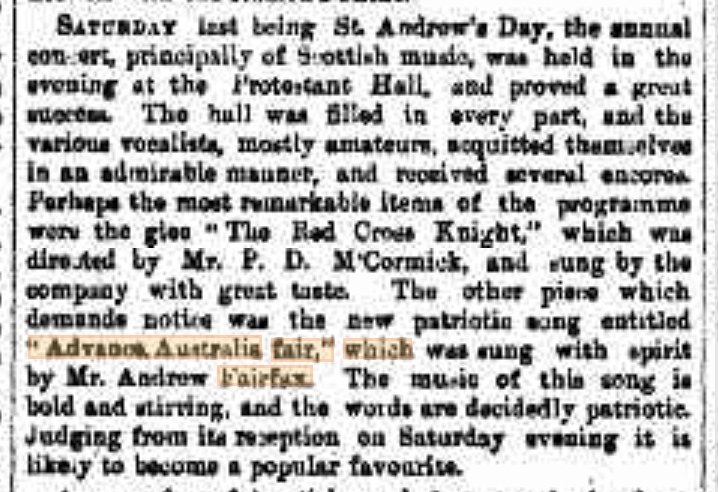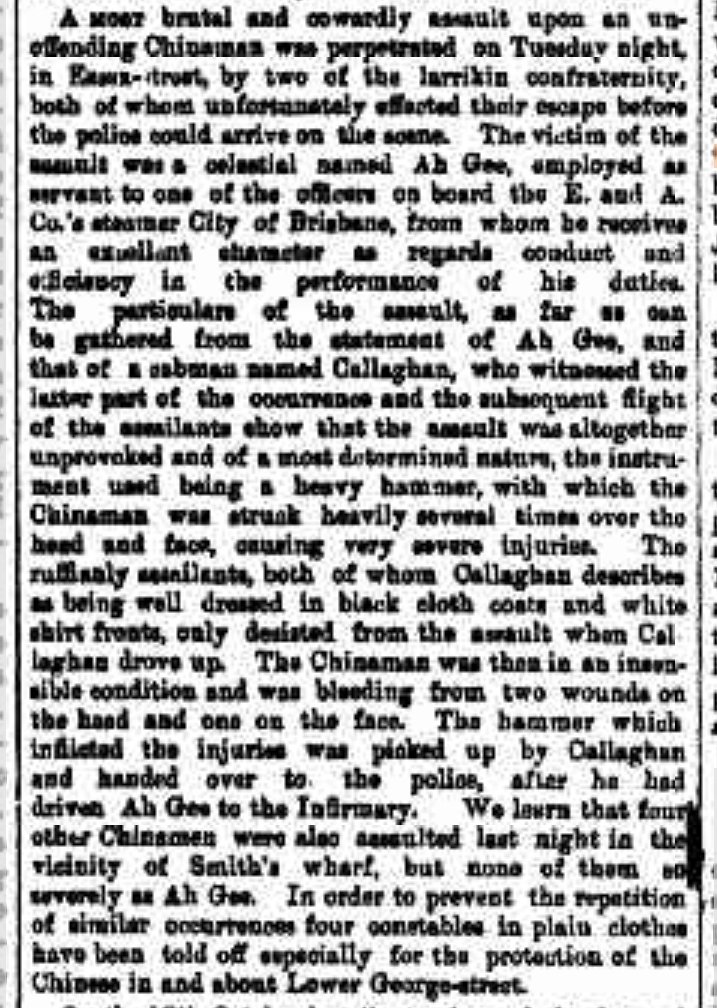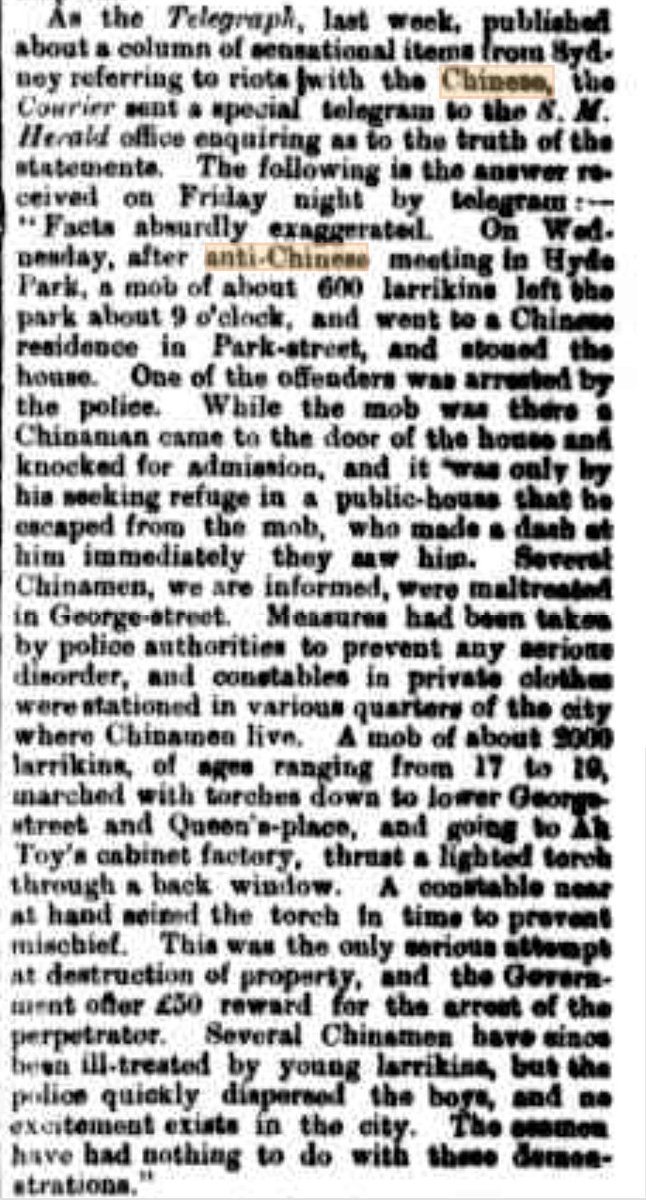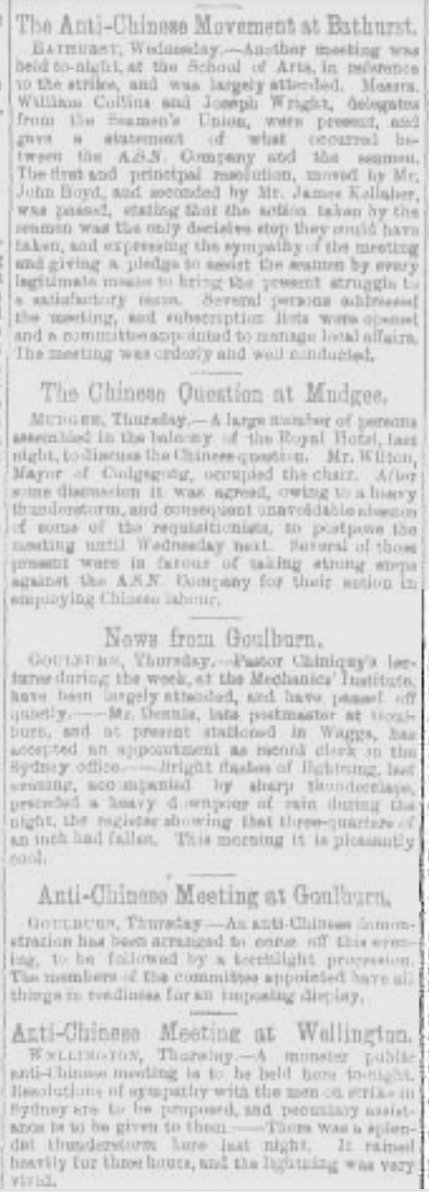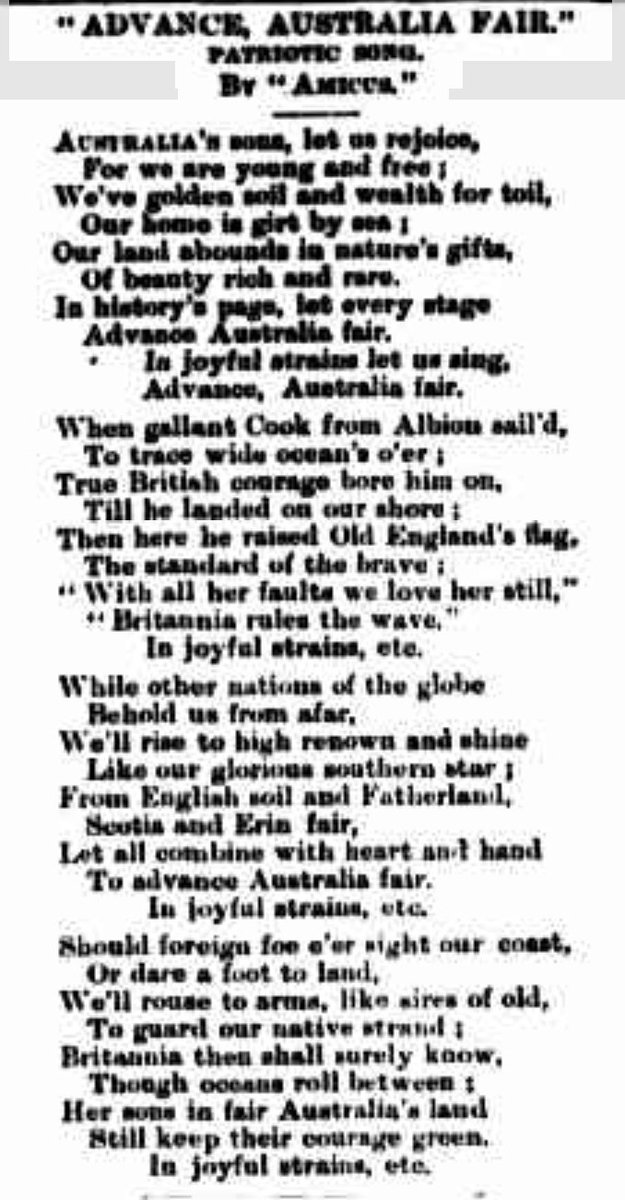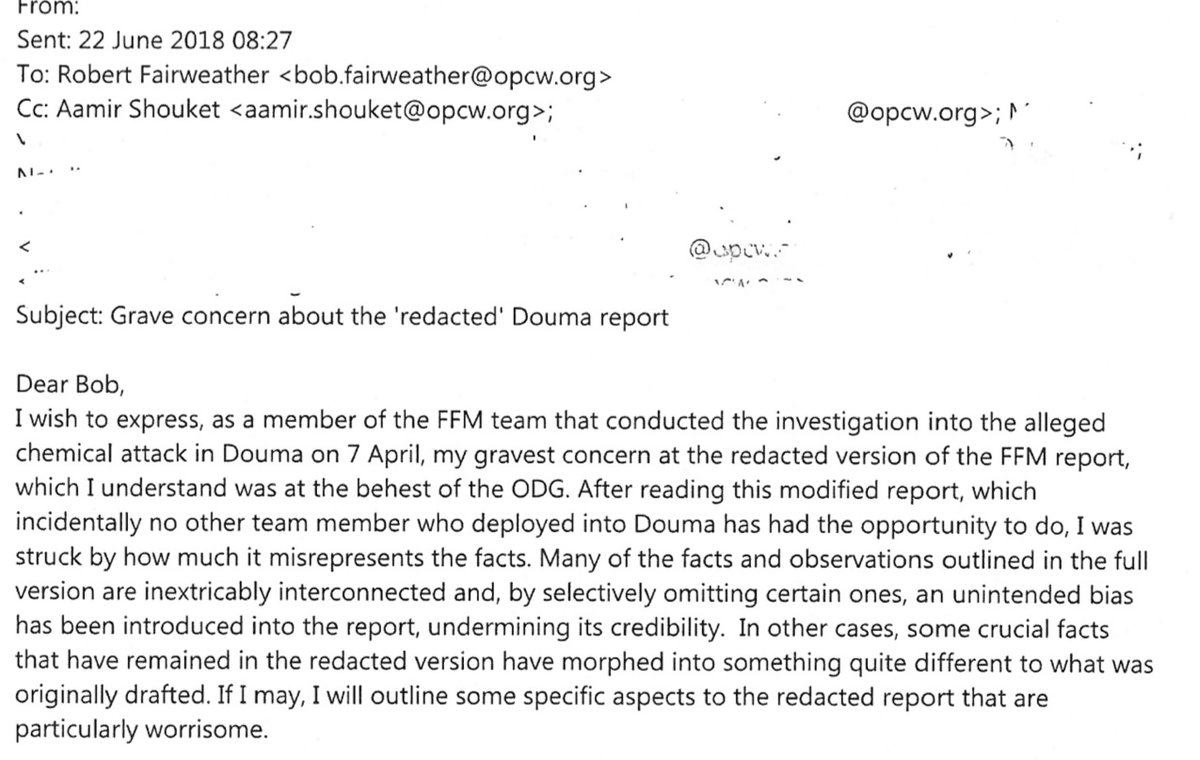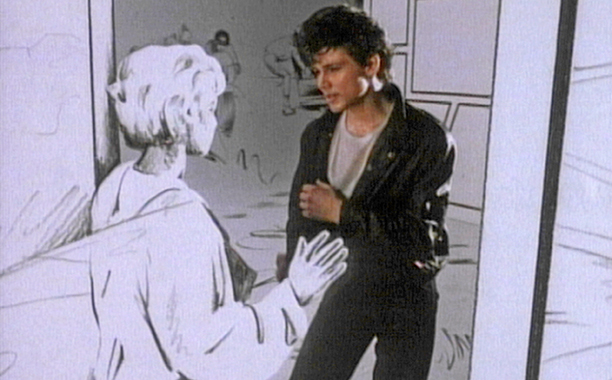Amongst my absolute favourite musicians of all time, one name that is certainly near the top is of Ustad Nusrat Fateh Ali Khan sahab. I don’t know if any such data exists, but I am pretty sure he would also be among the most widely sold international artists in India. (1/43)
This is a thread about Nusrat sahab’s connections with India - his first performance here, songs blatantly copied from his compositions, his non-film albums done here, and also his work in Bollywood. So buckle up, coz this is gonna be very very loooong. (2/43)
The story starts in 1979, when a certain legend by the name of Raj Kapoor was invited to a Qawwali show in Birmingham, and heard Nusrat sahab performing there. So impressed by his music was Kapoor sahab, that he made up his mind to invite Nusrat sahab to India. (3/43)
Soon after, in early 1980, Rishi Kapoor was getting married to Neetu Singh, and Raj Kapoor promptly invited Nusrat sahab to perform at one of the sangeet ceremonies. The invitation actually was sent through Pakistani actor Mohammad Ali, a mutual contact of the two. (4/43)
Nusrat sahab accepted the invite, and was apparently excited with the prospect of also visiting Ajmer Sharif. His performance at the sangeet was attended by the who’s who of Indian film and music at the time, and he is said to have performed for hours through the night. (5/43)

